Your body is home to 100 trillion different kinds of bacteria. In fact, you have ten times more bacterial cells in your body than you do human cells. Ten times! This means that 90% of the cells in our body aren’t even our own. In this Probiotics 101 post, I will share with you the in’s and out’s of probiotics, what they are, how they benefit the body, where to find them, and much more.
A Guide for Plant-based Nutrition: Probiotics
When we think of bacteria we often think of something that causes diseases but your body is full of bacteria, both good and bad, and nobody’s bacterial makeup is the same. Each of ours is unique to us and everything we do determines what kind of bacteria (good or bad) we have in/on our bodies.
What Are Probiotics?
Probiotics are often called “nature’s antibiotics” because they help keep your body healthy. They are the army of “good” bacteria maintaining a balance with the naturally occurring “bad” bacteria in our digestive system. These “good” bacterias are used to prevent and protect us from illness/ diseases, particularly those that affect the gastrointestinal tract.
Antibiotics vs. Probiotics
Antibiotics are pretty much anti-everything (good and bad bacteria), so if antibiotics are fighting off the bad bacteria, they’re also fighting off the good bacteria. This could cause digestive issues and even lower your immune system. I always recommend if taking any form of antibiotics, be sure to also take probiotics. Unfortunately, these days antibiotics are not just found in our prescription medication, but also in our food supply. They are mostly found in animal products, even more so in facilities that practice factory farming. So eating probiotic-rich foods will help with maintaining a healthy gut as well as a healthy body.
Benefits of Probiotics
The first and most overlooked reason that our digestive tract is critical to our health is that 80% of our entire immune system is located in the gut. Many things may affect gut function including diet, lifestyle, stress, and much more.
Many people with health issues such as thyroid imbalances, chronic fatigue, joint pain, and many other conditions do not realize that these illnesses originate in the gut. Probiotics are best known for their role in digestive health, but research has shown that they can help many other aspects of your health. Here are some of the possible benefits:
- boosts the immune system
- prevention and treatment of urinary tract infections
- improved digestive functions
- healing inflamed bowels conditions like IBS
- management and prevention of eczema in children
- fighting food-borne illnesses
- helps prevent flu and colds
- reduces overuse of antibiotics
- treating kidney stones
- treating colic
- prevents cavities and gum disease
- treating colitis and Crohn’s disease
- treating liver disease
- lowering cholesterol
- fights bacteria that cause ulcers
- improves acne
- helps with weight loss
What Are Prebiotics?
Prebiotics are nondigestible carbohydrates that act as food for probiotics and are usually found in whole grains, bananas, onions, garlic, honey as well as artichokes. In addition, probiotics and prebiotics are added to some foods and are available as dietary supplements. When probiotics and prebiotics are combined, they form a symbiotic (synergistic relationship). Fermented dairy products, such as yogurt and kefir, are considered symbiotic because they contain live bacteria and the fuel they need to thrive. However, because these bacteria are sensitive to oxygen, light, and dramatic temperature changes, many commercial products lose these valuable bacteria because they are heat-treated or pasteurized. Be sure to look for “live active cultures” on the product label.
Probiotic Food Sources
There are many ways different food sources contain live probiotics. Ideally, it is preferable to eat probiotic-rich foods before using supplementation. If you are seeking non-dairy yogurt options, there are several that contain live probiotic cultures. Yogurts made from rice, soy, and coconut milk are available on the market and also contain added probiotics that can provide the same benefits. Other alternative sources of probiotics include eating fermented foods like brewer’s yeast, miso, sauerkraut, or microalgae.
- Fermented sauerkraut
- Fermented pickles
- Kim Chi, raw or naturally fermented
- Yogurt, non-dairy (preferred)
- Fresh Cheeses, non-dairy (preferred)
- Other fermented veggies such as carrots, shredded beets, etc.
- Organic dairy kefir or coconut water kefir
- Kombucha (My Favorite!)
- Miso
- Microalgae
*Look for “live and active cultures” on the label.
Probiotic Supplements
Probiotics are also found in supplement form, varying in the quantity of CFUs (colony-forming units) and different types of bacteria strains. Typically when I recommend probiotics to my clients with digestive issues or challenges, I recommend looking for a trusted, reputable company that undergoes third-party testing if possible and has Good Manufacturing Practices (GMP). Make sure to purchase a probiotic brand that has a higher number of CFU from 15 billion to 100 billion with strain diversity. The brands I’ve used and would recommend are Dr. Mercola and Garden of Life. The amounts, doses, and strain types are different for everyone; therefore, I recommend doing further research and checking with your doctor to see if you have specific digestive issues or questions about taking any supplements.
Different Types Of Probiotics
If you can remember way back to biology class, you may recall the many different strains of bacteria in the world. Well, your gut is home to around 500, each other in its own way. Some facilitate digestion, provide nutrients, and/or help form the immune system. They also have some very interesting and hard-to-pronounce names. Here are just a few of the little friends that you might want to look for if you decide to try out some supplements:
- Bifidobacterium bifidum — the most dominant probiotic in infants and in the large intestine. This bacteria helps to support the production of vitamins in the gut, inhibits harmful bacteria, aids in immune system response, and prevents diarrhea.
- Bifidobacterium longum — supports liver function, reduces inflammation, and removes lead and heavy metals.
- Bifidobacterium breve — help to colonize a healthy gut community and crowd out bad bacteria.
- Bifidobacterium infantis — alleviates IBS (irritable bowel syndrome)s symptoms, diarrhea, and constipation.
- Lactobacillus casei — supports immunity and helps fight infections.
- Lactobacillus acidophilus — relieves gas, and bloating, and improves lactose intolerance. Shown 61 percent reduction in e. coli, lower cholesterol levels, and creation of vitamin K. This one is a must!
- Lactobacillus bulgaricus — a powerful probiotic strain that has been shown to fight harmful bacteria that invades your digestive system and is stable enough to withstand the acidic digestive juices of the stomach. It also neutralizes toxins and naturally produces its own antibiotics.
- Lactobacillus brevis — shown to survive the GI tract, boost cellular immunity, enhanced natural T-killer cells, and kill h. pylori bacteria.
- Lactobacillus rhamnosus — supports bacterial balance and supports healthy skin. Helps fight urinary tract infections, and respiratory infections, and reduces anxiety by reducing stress hormones and GABA neurotransmitter receptors.
- Bacillus subtilis — an endospore probiotic that is heat-resistant. Suppresses the growth of bad bacteria like salmonella and other pathogens.
- Bacillus coagulans — an endospore probiotic that is heat-resistant and improves nutrient absorption. Also has been shown to reduce inflammation and symptoms of arthritis.
- Saccharomyces boulardii — a yeast probiotic strain that restores natural flora in the large and small intestines and improves intestinal cell growth. It has proved effective in treating inflammatory bowel diseases like Crohn’s disease. It’s been shown to have anti-toxin effects, be antimicrobial, and reduce inflammation.
I hope this post has helped you understand probiotics a little more. Use this as a resource and check back for more info as I will be adding to this post later. If you want to learn more about the different types of probiotics and the benefits they provide you can check the following list below. If you have any questions about probiotics, please comment below, if you are a BIG believer in the benefits of probiotics and use them often, I’d love to hear what your favorite ways to use them are. Stay tuned :)
Hugs,
The information in this post is an accumulation of my own research and experience. It is not intended to be a substitute for medical advice, diagnosis, or treatment. Always seek the advice of your physician or a qualified health provider. I hope this post answers some of your questions. If you have any other questions email me at Vanessa@LiveSimplyNatural.com and I’ll answer them to the best of my ability.

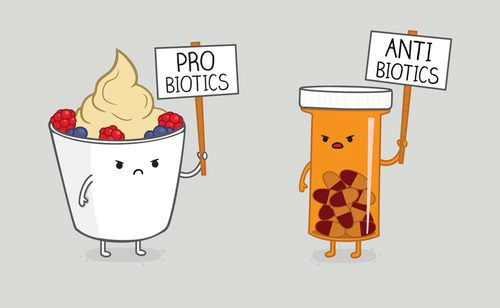


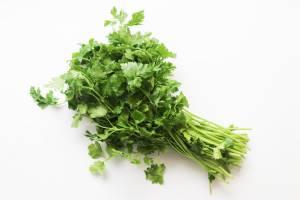
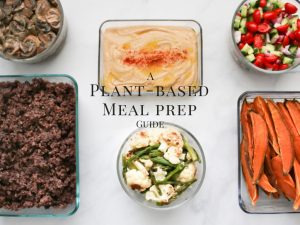



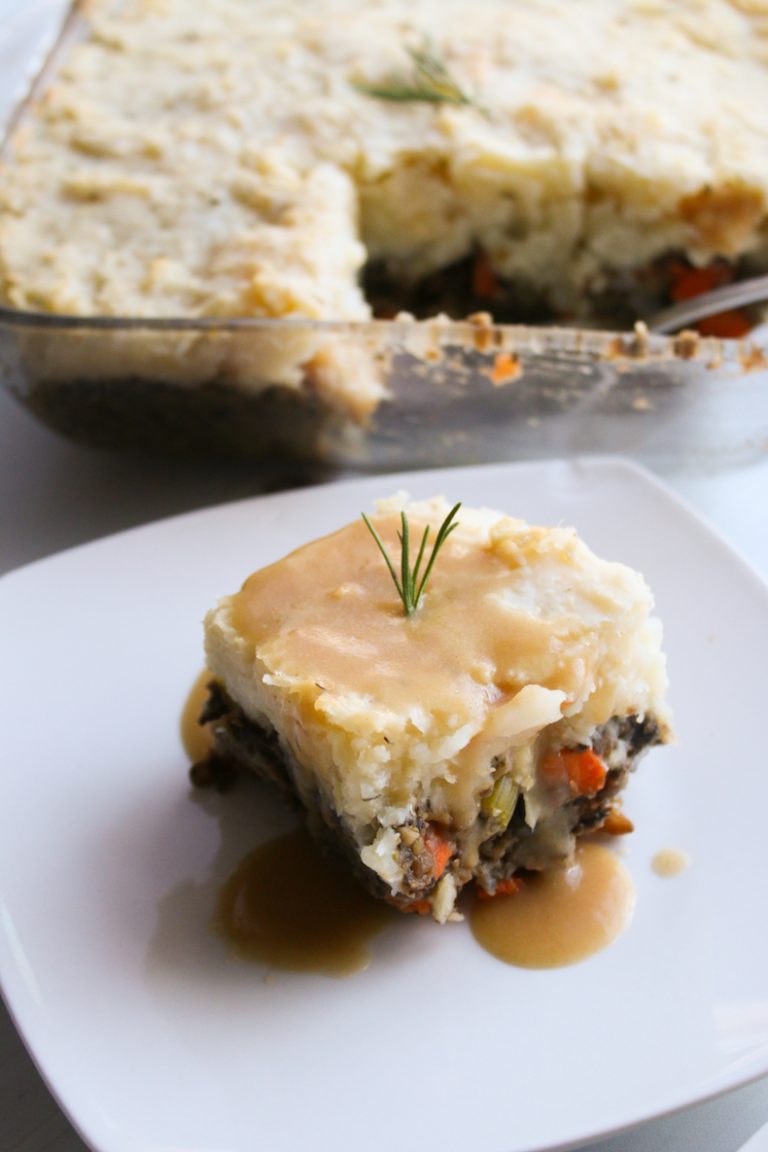
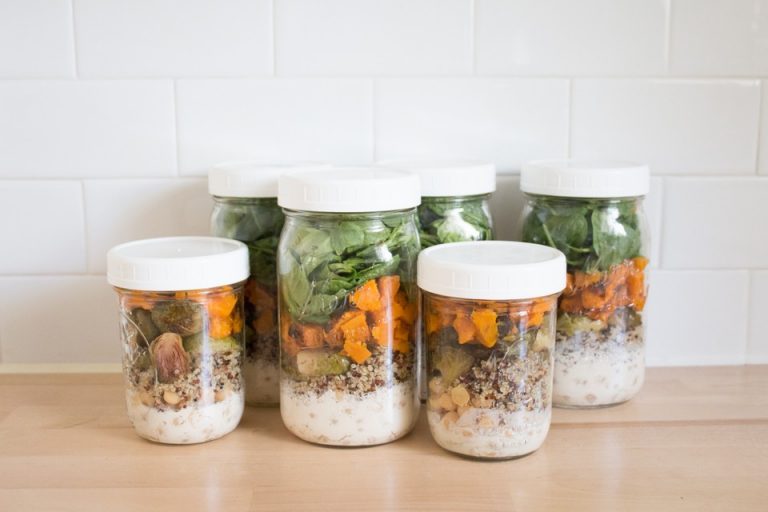

6 Comments
Wow, great post.Really looking forward to read more.
Very good blog post. I absolutely love this site. Thanks!
Very good write-up. I absolutely appreciate this site. Continue the good work!
I appreciate a lot for your precious time in writing this post.
Nice article